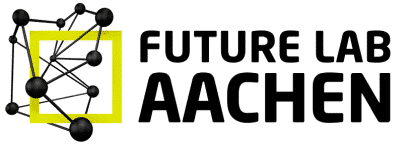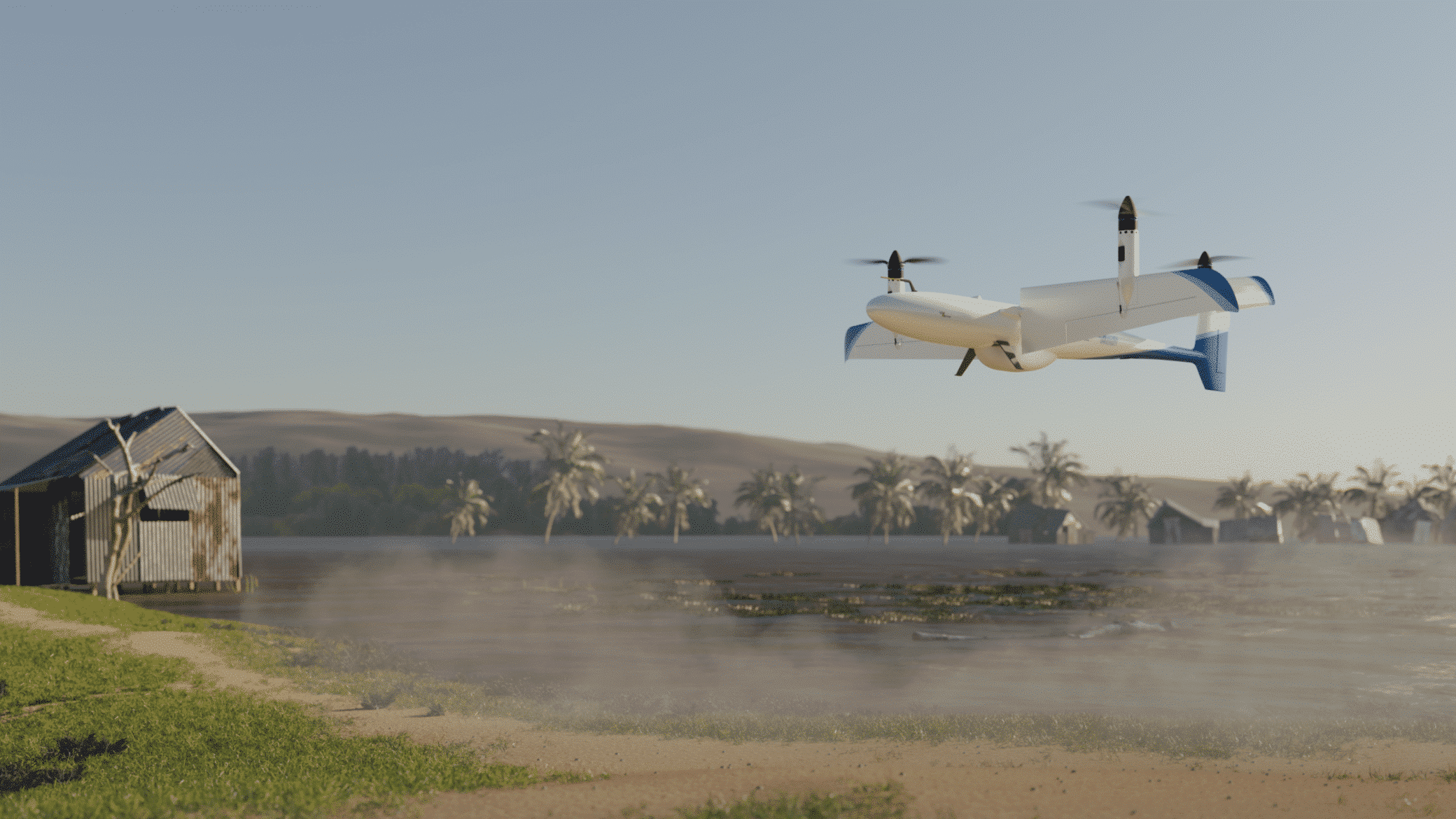how one can ensure fast and reliable medical care even under extreme conditions? this will be researched with RWTH Aachen’s “FlutNetz” project.
Due to global warming natural catastrophes, such as floods are more common. Innumerable amounts of people are affected worldwide, such as the residents of Bangladesh. Yet, the residents are not only troubled by floods, as snakebites are a widely spread problem. They often occur because animals and humans are forced to live in cramped space conditions. Yearly around 6.000 people die in Bangladesh due to snakebites because the needed antivenom could not be provided fast enough.
Antivenom airborne supply
The project “FlutNetz”, created by RWTH Aachen’s institute for Flight System Dynamics, wants to supply fast medical care independent from infrastructure. To provide for life-threatening situations such as snake bites. Meaning, that healthcare is supposed to be provided even if streets or bridges are unable to be used due to flooding or other circumstances.
This is possible due to the sturdy tilt-wing plane, Neo. It is fast and can float above the affected person to deliver urgent medicine wherever needed. The system is fully automatic, meaning that It is a pilotless aircraft. Additionally, it can lift off no matter the weather circumstances.
The project is supporting the people in Bangladesh while improving healthcare worldwide. The use of the flight system in Bangladesh is the basis for future medical use of the flight system during catastrophes. The project will demonstrate the implementation of emergency response in Bangladesh.
12.07.2022



